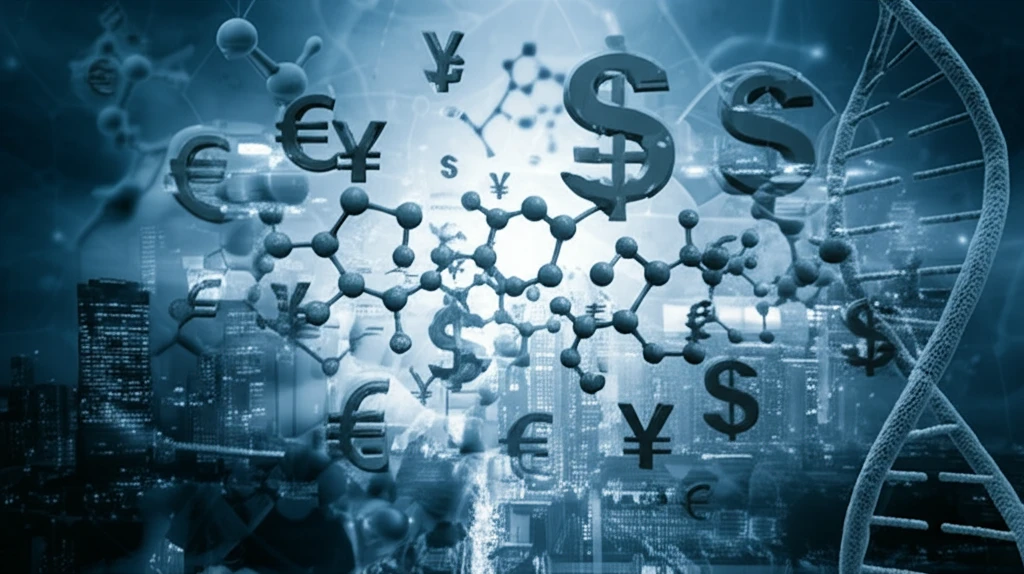
Decoding Drug Value: Is Innovation Worth the Investment?
"Uncover the economic realities behind pharmaceutical breakthroughs and how valuing innovation shapes healthcare's future."
In the ever-evolving landscape of healthcare, pharmaceutical innovations stand as beacons of hope, promising solutions to diseases and improved qualities of life. Yet, behind each breakthrough lies a complex web of economic factors that determine whether these innovations can truly thrive. Measuring the value of pharmaceutical drug innovations is essential for ensuring the right level of incentives for innovators, assessing the effectiveness of current policies, and guiding decision-making in the industry.
Specific estimates of drug profitability are of particular interest, as they frequently influence policy choices, such as the Medicare Drug Price Negotiation program of the Inflation Reduction Act 2022. However, research on drug valuation is limited and challenging due to a lack of drug-specific R&D expenditure data and the complex, long-term nature of drug development.
A new approach combines traditional event study methods with discounted cash flow models, leveraging stock market reactions to drug development announcements to infer the values. This approach not only offers insights into the economic value of successful drugs but also sheds light on the costs involved in bringing these innovations to market.
What's a New Drug Really Worth?

The study estimates that, on average, a successful drug is valued at $1.62 billion. This figure represents the culmination of years of research, clinical trials, and regulatory hurdles. However, the journey begins much earlier, at the discovery stage, where a drug's value is estimated to be $64.3 million. This initial valuation reflects the potential of the drug, balanced against the high risks and uncertainties inherent in pharmaceutical development. The valuation can vary significantly across major diseases.
- Informed Investment: Investors can make more informed decisions, allocating capital to projects with the most promising returns and societal impact.
- Policy Design: Policymakers can craft effective incentives, ensuring that innovators are rewarded for their efforts while maintaining affordable access to medications.
- Resource Allocation: Pharmaceutical companies can optimize resource allocation, focusing on the most promising drug candidates and streamlining development processes.
Future Pathways for Pharmaceutical Economics
As the pharmaceutical industry continues to evolve, understanding the economic underpinnings of drug development will become ever more critical. By refining valuation models, incorporating diverse data sources, and addressing the unique challenges of different therapeutic areas, researchers and policymakers can pave the way for a more innovative, efficient, and equitable healthcare ecosystem. The future of medicine depends not only on scientific breakthroughs but also on a sound understanding of economic realities that shape the development and accessibility of life-changing treatments.
